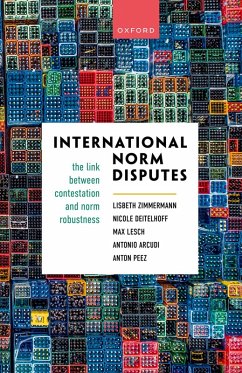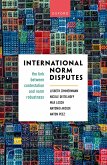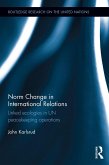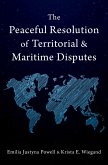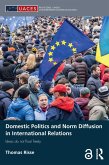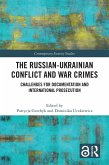International Norm Disputes: The Link between Contestation and Norm Robustness offers a rich, comparative study of when and why contested international norms decline. It presents central findings on the link between contestation and norm robustness based on four detailed, contemporary case studies - the torture prohibition, the responsibility to protect, the moratorium on commercial whaling, and the duty to prosecute institutionalized in the International Criminal Court. It also includes two historical case studies - privateering and the transatlantic slave trade. This book provides in-depth knowledge on contestation and robustness dynamics of central international norms. Having meticulously collected relevant data and conducted extensive qualitative coding, the authors demonstrate that norms are likely to weaken when challengers contest the validity of a norm's core claims but remain robust when they contest a norm's application and contestation does not become permanent. These important findings, comparatively presented here for the first time, are crucial for understanding the much-discussed problems of the contemporary liberal international order. The insights provided establish how different types of challenges will affect global governance mechanisms and which conditions are most likely to create fundamental change.
Dieser Download kann aus rechtlichen Gründen nur mit Rechnungsadresse in A, B, BG, CY, CZ, D, DK, EW, E, FIN, F, GR, HR, H, IRL, I, LT, L, LR, M, NL, PL, P, R, S, SLO, SK ausgeliefert werden.

